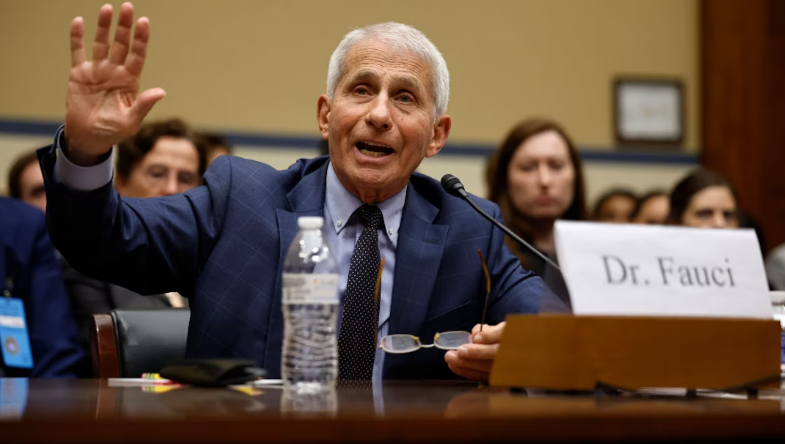Biden Issues Last-Minute Pardons For Fauci, Mark Milley, And Jan 6 Committee
In a controversial move during his final hours in office, President Joe Biden issued preemptive pardons to some of his most notable and embattled allies, including Dr. Anthony Fauci, retired General Mark Milley, and several members of the January 6 Committee, such as former Representatives Liz Cheney and Adam Kinzinger. The decision has sparked outrage from critics who view it as a political shield rather than a principled act.
Biden’s pardons were framed as necessary to protect public servants from what he termed “politically motivated prosecutions.” However, skeptics argue the move implies acknowledgment of potential wrongdoing by those pardoned.
Dr. Fauci, who played a central role in managing the COVID-19 response, has faced widespread criticism for his conflicting statements on the virus’s origins, mask mandates, and gain-of-function research funding. Meanwhile, General Milley came under fire for his handling of the disastrous withdrawal from Afghanistan and alleged secret communications with a Chinese general during the Trump administration, raising questions about his loyalty.
The inclusion of January 6 Committee members like Cheney and Kinzinger, both vocal critics of former President Donald Trump, has been seen by many as a blatant attempt to protect allies who were deeply involved in a highly partisan investigation. Republicans have long accused the committee of conducting a political witch hunt against Trump and his supporters.
Critics of Biden’s actions argue that these preemptive pardons set a dangerous precedent, using executive power to shield political allies from accountability. The move has only deepened the divide in Washington as President-elect Trump prepares to assume office with promises to reverse Biden-era policies and address perceived abuses of power.
Biden’s legacy, now clouded by these controversial pardons, will likely face intense scrutiny in the years to come, raising questions about transparency, accountability, and the integrity of public institutions.

